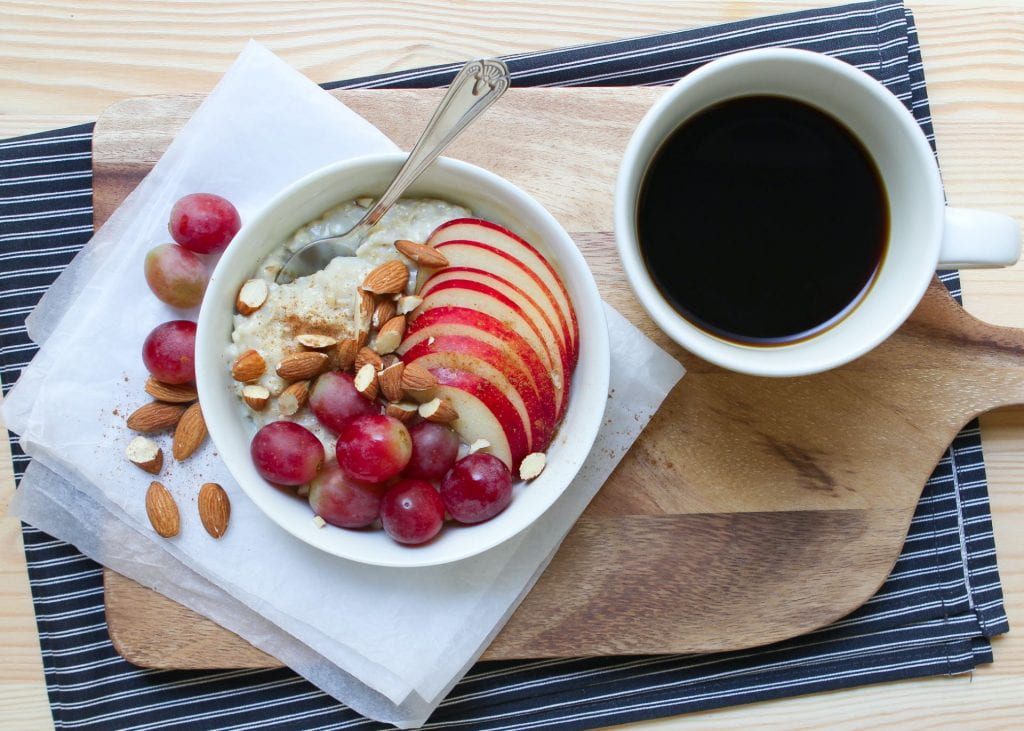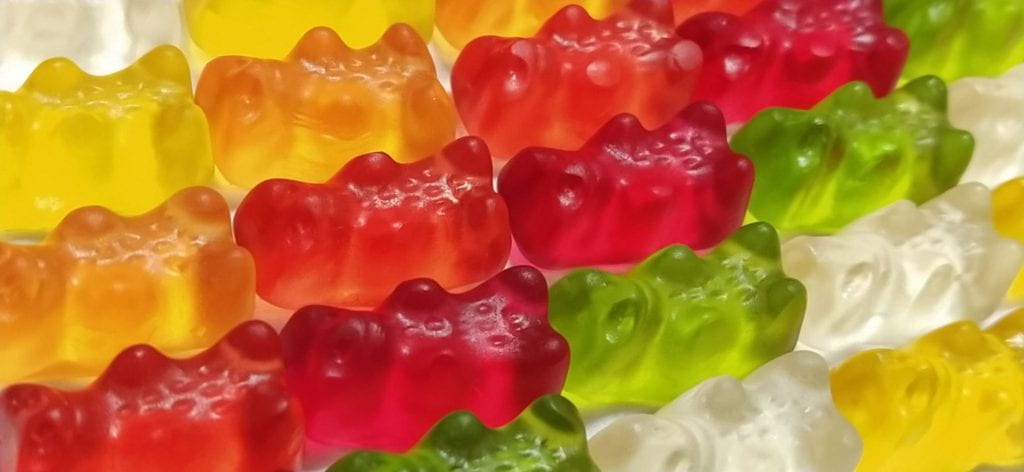Written by Dr Fiona Lithander, Performance Nutritionist and Dietitian

In this blog post, our in-house Dietician and Nutrition expert, Dr Fiona Lithander, gives us the information and advice that we need to stay well-fuelled before and during a long run. Whether you’re taking part in the University of Bristol Run Series Half Marathon or you like to de-stress with a long run in the evenings and on weekend, this post is for you!
Before a run
The key thing is to start your run well fuelled and well hydrated. A pre-race meal is recommended about 3-4 hours before the start of the race. This may differ slightly between people which is why it is important to practice, to see what works best for you.
This meal should contain some carbohydrate for fuel and some fluid for hydration. Choose something that suits your taste-buds as well as your stomach.
The foods you select may depend on the time of day of your race, but there are plenty of options which include:
- Breakfast cereal or porridge with fruit on top (this can be eaten any time of day, not just for breakfast!)
- Sandwich or wrap or bagel with salad, cheese, hummus, fish or meat filling
- Baked potato with topping
- Pasta or rice with vegetables
- Toast with honey and banana

Many people tend to have something small to snack on 1-2 hours before the start of the race. It is important that this snack is light and easy to digest, because the last thing you want is it sitting in your stomach during your race. I talk about this more in my video entitled ‘Understanding Stiches and Cramps’. Again, practice some of these options 1-2 hours before a training run to see what works for you:
- Muesli bar
- Yoghurt with fruit (fresh, dried or tinned fruit)
- Toast, bagel, rice cake or crackers with jam or honey
Some people get nervous before a race and can get that ‘butterflies in the stomach’ sensation. This is completely normal irrespective of whether it’s your first or fiftieth race. If that is you, try a low fat yoghurt or a fruit smoothie; these liquid options may be easier to digest than solid foods.
During a run
If your run is longer than about an hour, irrespective whether it’s a training run or a race, it is advised that you eat or drink during the run to keep your fuel topped up.
Carbohydrate-containing foods or drinks are the best option, and examples of these include isotonic sports drink, gels, energy chews, jelly beans or fruits such as a banana. To be specific, you need 30-60 grams of carbohydrate per hour that you are running, and you could get this from ~2 gels, ~20 jelly beans or a couple of energy bars.

The nutrition information panel on the label will tell you how much carbohydrate is in the packet. Remember that you can have a combination of any of these, and my advice is to practice during training to figure out what combination suits your taste-buds and tummy so that you won’t have any unwanted surprises on race day itself.
So in short, practice, practice, practice! Now is a good time to use your training to experiment with what you will eat before and during your event. Practicing your nutrition in advance of race day will mean a well rehearsed nutrition plan in the day, and a better experience! Last thing you want on race day is an upset stomach and this is the best way to avoid it!
Do you have a question about running nutrition? Leave a comment under this post and we’ll get you an answer!
